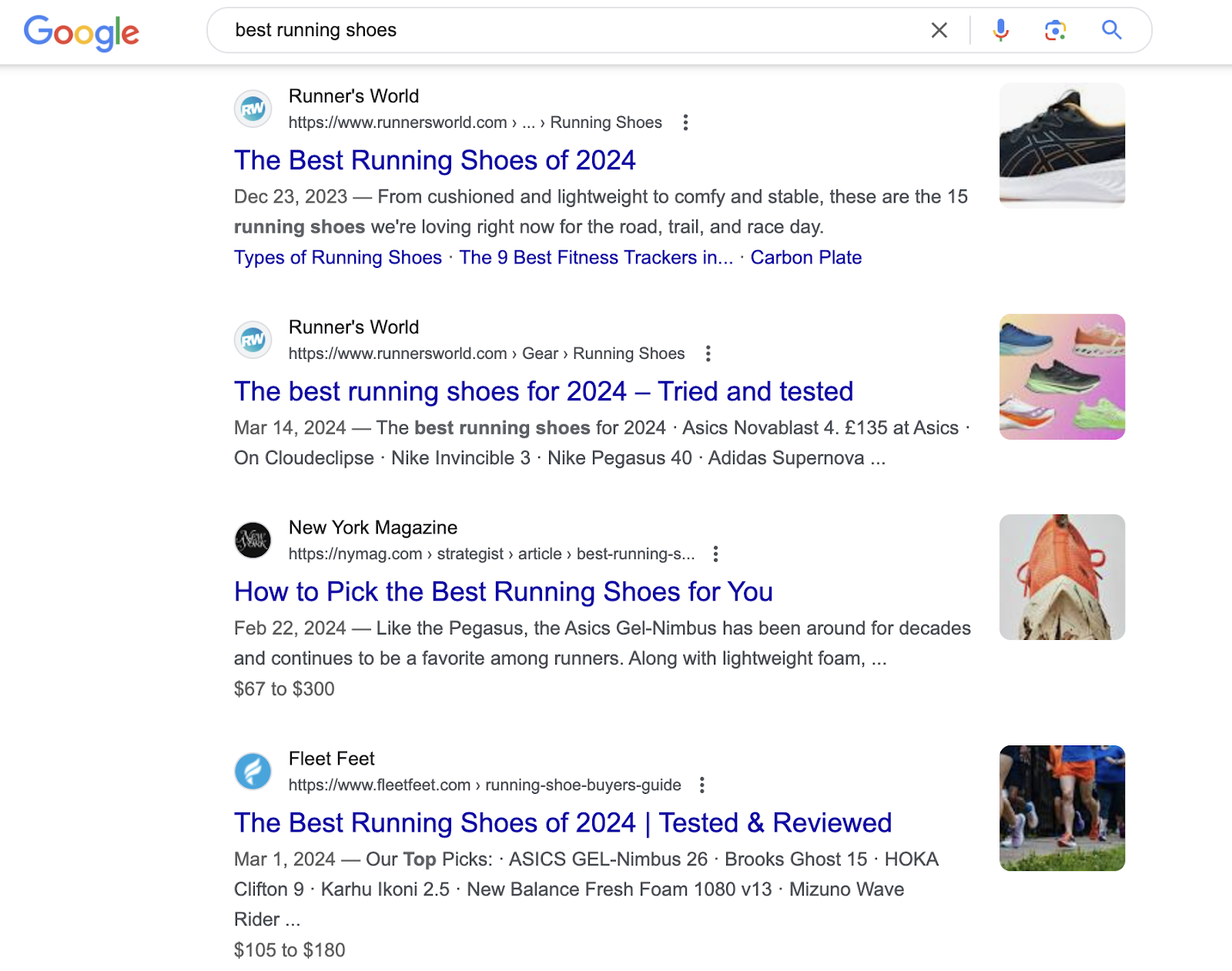At Unframed Digital, we’re always looking for changes in the digital landscape that could impact our clients’ online presence. In March 2024, Google introduced one of the larger algorithm updates we’ve seen in recent years to enhance search results by improving how its search engine operates.
Although Google regularly conducts updates (about every other month), this update has generated significant discussion within the SEO community. As Google has informed us on its official blog, it intends to “improve the quality of its ranking” and “introduce new and improved spam policies.” As always with Google, there are many ways to interpret this. Below, we’ve broken down everything Google is saying about the new update to make it a little easier to understand.
What Google is Telling Us
On their blog discussing the recent update, Google highlights two significant improvements:
- Reducing low-quality, unoriginal search results
- Keeping more spam out of your search results
Let’s take a closer look and discuss each of these points individually.
Reducing Low-Quality, Unoriginal Results
We’ve all encountered results that may not be as high in quality or originality as we hoped. Do you remember when you were looking for a quick recipe or cocktail idea, but instead, you found yourself reading an 8000-word article about the dish’s history and a touching story about the writer’s grandmother making it for them? It could feel like you scrolled forever to find the ingredients and step-by-step instructions. Well, this is the kind of content that Google is trying to tackle with this update.
This part of the update heavily relies on the so-called Helpful Content Update. Since 2022, Google has been working to better differentiate websites that focus on helping users with valuable information vs. simply trying to boost their Google ranking by stuffing content onto their pages. Google achieves this by focusing on certain ranking factors like:
- Time spent on page
- Number of events users make on a page
- Number of clicks to other pages
- Interactions with the website
- Accuracy of information displayed on the page
- Formatting of the page and the information displayed
These are just a few of the ranking factors that Google considers necessary and they are becoming more significant in deciding the rankings of each page. In the short term, we are seeing that UX is becoming increasingly critical for SEO.
Keeping More Spam Out of Your Results
This section of the update is divided into three parts:
- Scaled content abuse
- Site reputation abuse
- Expired domain abuse
When it comes to scaled content abuse, Google states:
“We’re strengthening our policy to focus on this abusive behavior — producing content at scale to boost search ranking — whether automation, humans, or a combination are involved.”
Basically, Google understands that with the appearance of AI, it has become easier than ever to generate a lot of content. Creating good quality content used to be an expensive part of SEO and marketing in general. Creating lots of content to improve search engine rankings with AI is now very affordable.
Does this mean that Google will punish all websites that use AI content?
In our opinion – absolutely not. Google recognizes the significance of AI content and has developed Gemini AI to create and streamline content production. However, it’s important to note that AI can have negative effects, such as generating inaccurate information. Tools like ChatGPT and Gemini AI have a primary directive: always provide the user with an answer. Notice that I didn’t say the correct answer. This is because AI can make things up based on the data it was trained on. If the data is incorrect, it can give you a wrong answer.
Here’s an example:
Google addresses this issue by prioritizing data accuracy and implementing tools like Fact Check Explorer. Remember, it’s essential to fact-check every AI article before sharing it.
Site reputation abuse is a consequence of Google’s ranking algorithm. Here’s a friendlier way to put it: Websites with strong reputations, mainly based on their backlink profiles, tend to outrank sites that are more focused on specific topics. This is an illustration from a Google search:

You can see that New York Magazine is ranking for the best running shoes. Even though New York Magazine is a popular website with many backlinks, it may not have the in-depth knowledge about running that a specialized website like Fleet Feet does. Surprisingly, New York Magazine still appears higher in rankings simply due to its authority. This is an issue that Google is working to address, and we are glad to see this improvement happening.
Expired domain abuse is an old SEO tactic that has been around for a long time. Websites come and go, and people often stop renewing their domains if a business is closed or shut down. However, those domains may have valuable backlinks. SEO experts figured it out and decided to buy those domains and simply redirect them to another website instead of spending time and money building backlinks.
Sometimes, these domains are rebuilt and repurposed to trick people into thinking the old brand is alive again. Google is working to address these issues by focusing on these specific problems.
Will Google punish me if I had an old business domain and I redirected it to a new one?
Not to worry here. It’s common for businesses to change ownership and update their brand. You’re good to go as long as the new domain has the same purpose as the old one.
Conclusion
Looking back on the Google Core Algorithm Update from March 2024, it’s clear that the changes are significant but can be managed. The main points—like improving search results, fighting against spam, and using AI in content creation thoughtfully —show that Google wants to prioritize helpful information for users.
The message for us at Unframed Digital and our clients is simple: focus on creating high-quality, unique content and stick to SEO and content creation best practices. Adapting to these updates isn’t just about avoiding issues but also about taking the chance to boost visibility and relevance in search results. As things change, our strategies will change, too, making sure our clients stay ahead in digital marketing.









